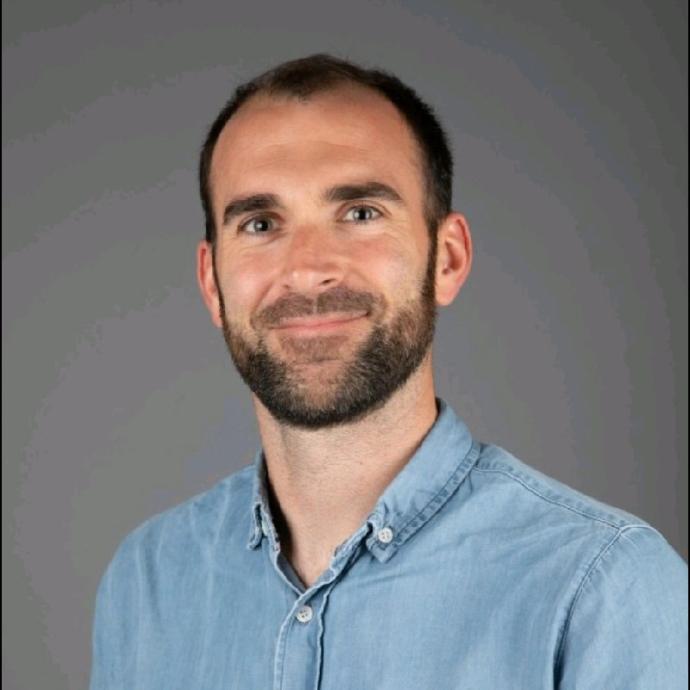10 September 2024 | Dr. Guillaume Rioland, CNES
In the high-stakes world of space exploration, maintaining the cleanliness and integrity of spacecraft is paramount to the success of any mission. Contamination, particularly from outgassing of materials, poses a significant threat to the performance of sensitive instruments aboard spacecraft. At the Sorption Symposium Europe 2024, Guillaume Rioland will delve into these critical issues in his presentation titled "Space Materials: Outgassing and Water Sorption," offering insights into how these challenges are being addressed to ensure the longevity and reliability of space missions.

Understanding the Impact of Outgassing on Space Missions
Outgassing, the release of gases trapped within materials, is a pervasive issue in the development of space systems. When materials like polymers, paints, and adhesives outgas, they can deposit contaminants on critical surfaces such as detectors, thermal coatings, and optics. This contamination can severely degrade the performance of spacecraft instruments, potentially jeopardizing entire missions. Rioland’s research focuses on the prevention of such contamination through careful material selection, spacecraft design, and the implementation of bake-out procedures.
In addition to outgassing, water poses a significant challenge in cryogenic space missions. Understanding how water is absorbed, adsorbed, and desorbed by space materials in the harsh environment of space is crucial to preventing damage and ensuring the proper functioning of spacecraft.
The Inspiration Behind the Research
Rioland’s work was sparked by the observation of anomalies in satellites that were negatively impacting their performance. These issues highlighted the urgent need for a deeper understanding of outgassing and its effects on space missions. By investigating the behaviour of materials under space conditions, Rioland aims to develop strategies that can mitigate these risks and enhance the success of future missions.
Why This Research is Crucial Now
As space missions become more ambitious and extended, the need for accurate prediction of outgassing becomes even more critical. Traditional desorption laws, which have been used to study outgassing, are inadequate for long-term predictions because they fail to account for diffusion-dominated processes. Moreover, there is still much to learn about the behaviour of water in space materials, making this research highly relevant as we push the boundaries of space exploration.
Looking to the Future
The implications of Rioland’s research are far-reaching. By improving our ability to predict and understand outgassing, space missions can be extended in duration, and spacecraft can be designed to be more efficient and reliable. This will not only protect valuable instruments but also enable more ambitious scientific missions, pushing the frontiers of what we can achieve in space.
Join the Discussion at Sorption Symposium Europe 2024
If you’re interested in learning more about the critical role of outgassing and water sorption in space missions, don’t miss Guillaume Rioland’s presentation at the Sorption Symposium Europe 2024. The symposium will be held from September 18th to 20th at the University of Vienna in Austria. This event provides a unique opportunity to hear from leading experts like Rioland, ask questions, and engage in discussions that could shape the future of space exploration. Mark your calendars and be part of this essential conversation!
Don’t miss the opportunity to learn more about this exciting innovation and be part of shaping the future of pharmaceutical formulation!
Register here: https://www.sorptionhub.com/sorption-symposium-eur24